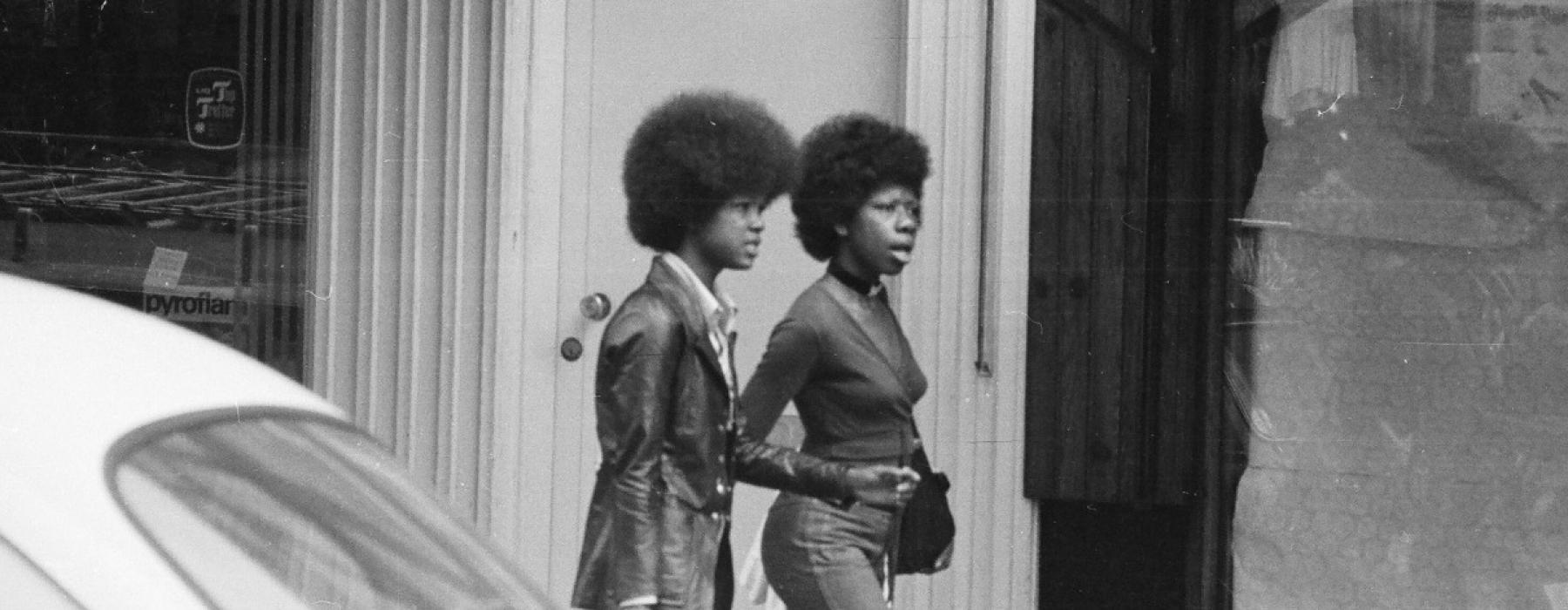
In the Netherlands, a growing group of people have renewed interest in fixing historical wrongs as a way to reconfigure their own positions as citizens and to contribute to how their own histories and identities are represented within both in formal institutions and within the popular media.
This particular event explores some of these debates on reparation in the Netherlands, mindful of the larger context in which this debate is happening globally. We will look at what is at stake within these struggles. While questions of financial compensation are included in these debates we foreground the significance of the request that former colonial powers accept responsibility for example in the form of an apology.
During Talking Reparation/Arguing with History, the Caribbean claims for reparation for colonial wrongs is our departure point to think about:
- What would be necessary to create the moral, legal and political spaces where repair can be imaginable.
- What role can cultural and heritage institutions play in creating the (novel) possibilities for repair.
- What work do we believe formal apology can achieve or allow; and what forms of repair is possible beyond apology?
- How do claims for reparation coincide with other struggles surrounding questions of discrimination, exclusion or access to different resources within Dutch and broader European societies?